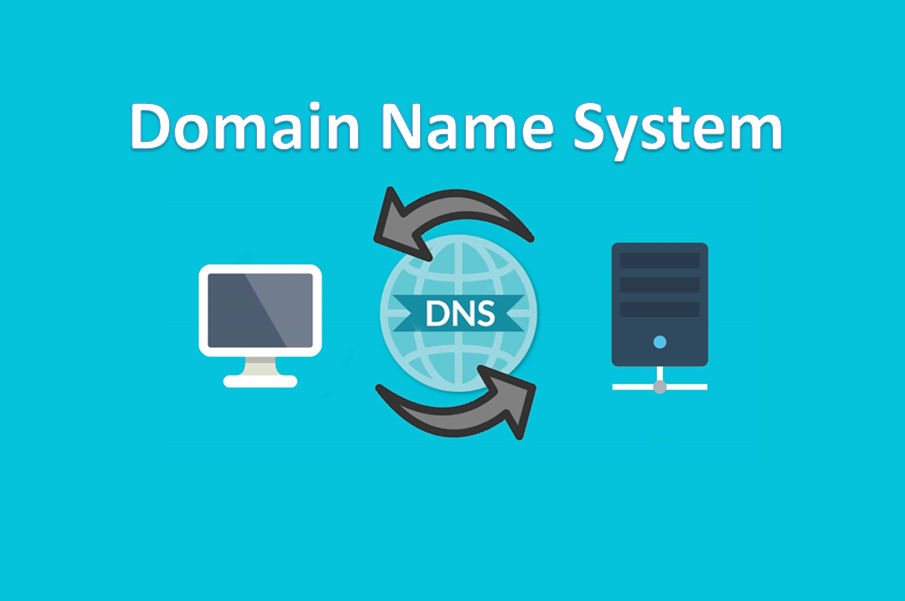DNS Propagation
DNS propagation is an important concept in the Domain Name System (DNS). It is the process of updating the DNS servers across the Internet with the new information about a domain name’s IP address. When a domain name is registered, the domain name is associated with an IP address. Whenever the domain name is accessed, the DNS servers look up the IP address associated with the domain.
When the domain name is changed, the associated IP address is also changed. This change must be propagated to all the DNS servers on the Internet so that they can serve the new IP address associated with the domain.
DNS propagation is essential to keep the Internet updated. There are hundreds of millions of domain names registered and millions of them are changed every day. The DNS system needs to be updated with the new information about the domain name and its associated IP address.
The DNS propagation process starts when the registrar updates the name servers with the new IP address. This process is called DNS propagation. The registrar informs the DNS servers of the new IP address and they update their records with the new information. This process can take anywhere from a few minutes to several days depending on the registrar and the DNS server.
How long does DNS propagation take?
DNS propagation typically takes anywhere from 24 hours to 48 hours, but can take up to 72 hours in some cases. It is important to note that the time it takes for the changes to take effect is dependent on the DNS record’s Time To Live (TTL) value. The TTL value is the amount of time a DNS record is cached on a server before it is queried again.
Read more : Best web hosting 2023
In addition, DNS propagation can be affected by factors such as the number of DNS servers around the world, the distance between the server and the user, the speed of the user’s internet connection, and the amount of traffic the server is handling.
